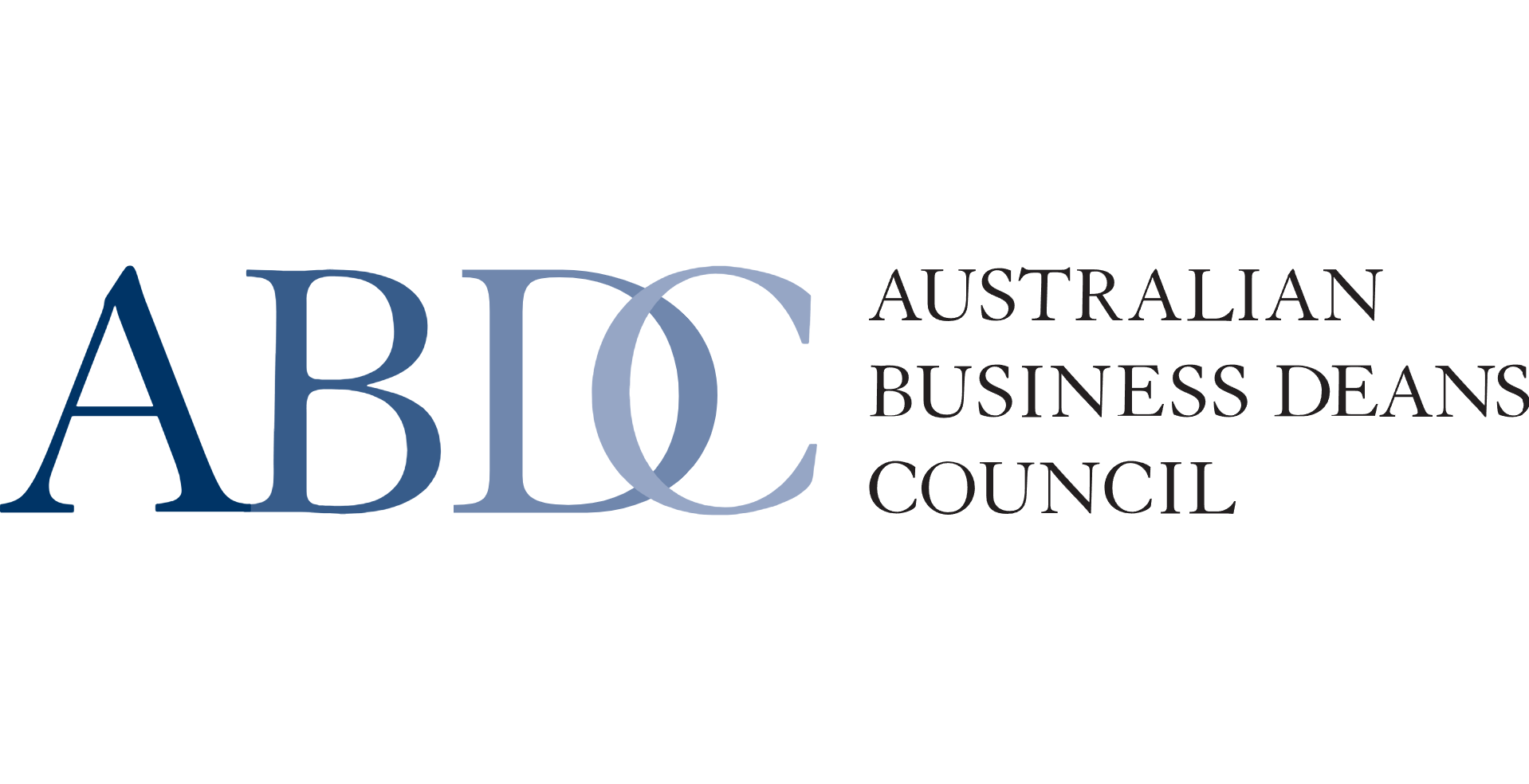HOW DISTRIBUTED UNIVERSITY LEADERSHIP REHEARSES ARE APPLIED IN A PUBLIC UNIVERSITY OF AFGHANISTAN
DOI:
https://doi.org/10.53555/eijbms.v9i1.128Keywords:
Assessment, class-based assessment, educational Institutions, Evaluation, Teaching and learningAbstract
This analysis on the educational institutions' assessment and the impacts of class-based-together evaluation with respectto learning and teaching. In this analysis, 13 articles were included from different aspects related to educationalinstitutions. There were critical quantities of teachers who could have done without instructing with class-basedevaluation and expressed that class-based assessment has expanded their responsibility. All in all, instructors haveinspirational perspectives toward utilizing evaluation techniques that require mental intricacy from understudies as wellas posing inquiries that require a more significant level of thinking to reply. Despite the fact that teachers' perspectivesare connected with their ability toward utilizing such evaluation approaches in their classes somewhat. The result of thisreview might add to better performance of class-based assessment in this educational section and also the absence ofcorrespondence between teachers' attitudes and their assessment rehearses. Mental intricacy isn't many times
underscored in study hall practice.
References
Torrance, H. (2012). Formative assessment at the crossroads: Confirmative, DE formative and transformative assessment. Oxford Review of Education. 38(3), 323-342.
Carless, D. (2009). Trust, distrust and their impact on assessment reform. Assessment & Evaluation in Higher Education. 34(1), 79-89.
McCoy, B. (2013). Active and reflective learning to engage all students. Universal Journal of Educational Research, 1(3), 146-153.
Gronlund, N. (2006). Assessment of Student Achievement. Third Custom Edition for the University of Alberta. Toronto: Pearson Education, Inc.
Postareff, L., Virtanen, V., Katajavuori, N., & Lindblom-Ylänne, S. (2012). Academics' conceptions of assessment and their assessment practices. Studies in Educational Evaluation. 38(3), 84-92.
Carless, D. (2015). Excellence in university assessment: Learning from award-winning teaching. Abington: Routledge.
Jacoby, J. C., Heugh, S., Bax, C., & Branford-White, C. (2014). Enhancing learning through
formative assessment. Innovations in Education & Teaching International. 51(1), 72-83.
Ali, F. M., & Iqubal, M. A. (2018). Implication of Class-Based Assessment on Teachers: A Case Study. IRA International Journal of Education and Multidisciplinary Studies, 13(3), 48-53.
Gordon, E. W., McGill, M. V., Sands, D. I., Kalinich, K. M., Pellegrino, J. W., & Chatterji, M. (2014). Bringing formative classroom assessment to schools and making it count. Quality Assurance in Education.
Wadesango, N., Kurebwa, M., & Nyoni, T. (2014). The Perceptions of Teachers towards the Effectiveness of Class-based Mentors in the Mentoring of Student Teachers on Teaching Practice. International Journal of Educational Sciences, 6(2), 167-175.
Mustafa, Z. (2010). Teachers' Levels of Use in the Adoption of Task-Based Language Teaching in Malaysian Classrooms. International Journal of Interdisciplinary Social Sciences, 5(3).
Gordon, E. W., McGill, M. V., Sands, D. I., Kalinich, K. M., Pellegrino, J. W., & Chatterji, M. (2014). Bringing formative classroom assessment to schools and making it count. Quality Assurance in Education.
Wach, A. (2012). Classroom-based language efficiency assessment: a challenge for EFL teachers.
Yusof, Norsharina & Mohamad, Maslawati. (2020). Stakeholders’ Perceptions and Implications of Classroom-Based Reading Assessment: A Literature Review. Creative Education. 11. 1324-1335. 10.4236/ce.2020.118097.
Yusof, Norsharina & Mohamad, Maslawati. (2020). Stakeholders’ Perceptions and Implications of Classroom-Based Reading Assessment: A Literature Review. Creative Education. 11. 1324-1335. 10.4236/ce.2020.1180



